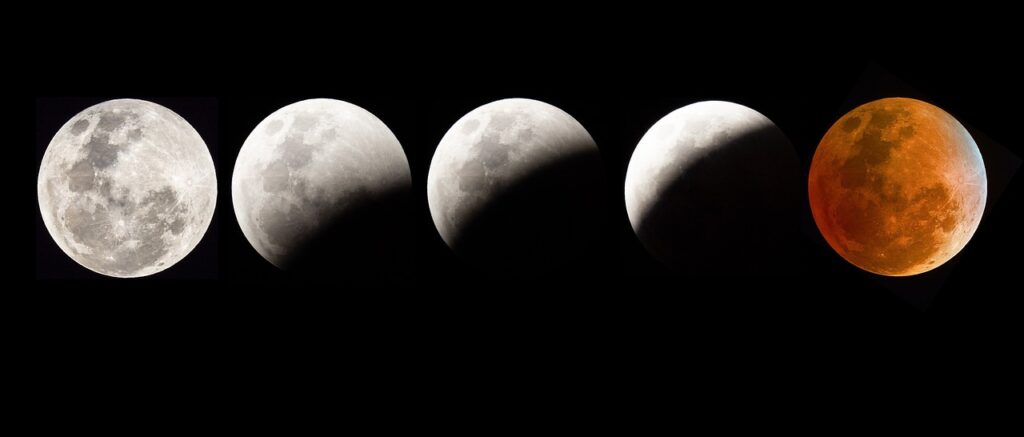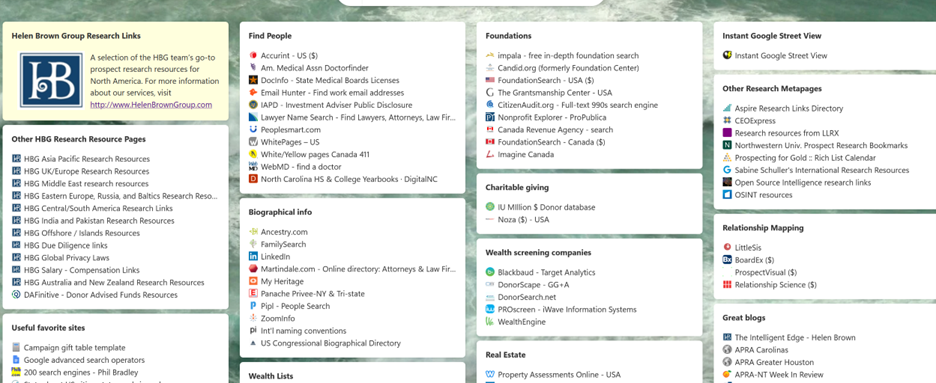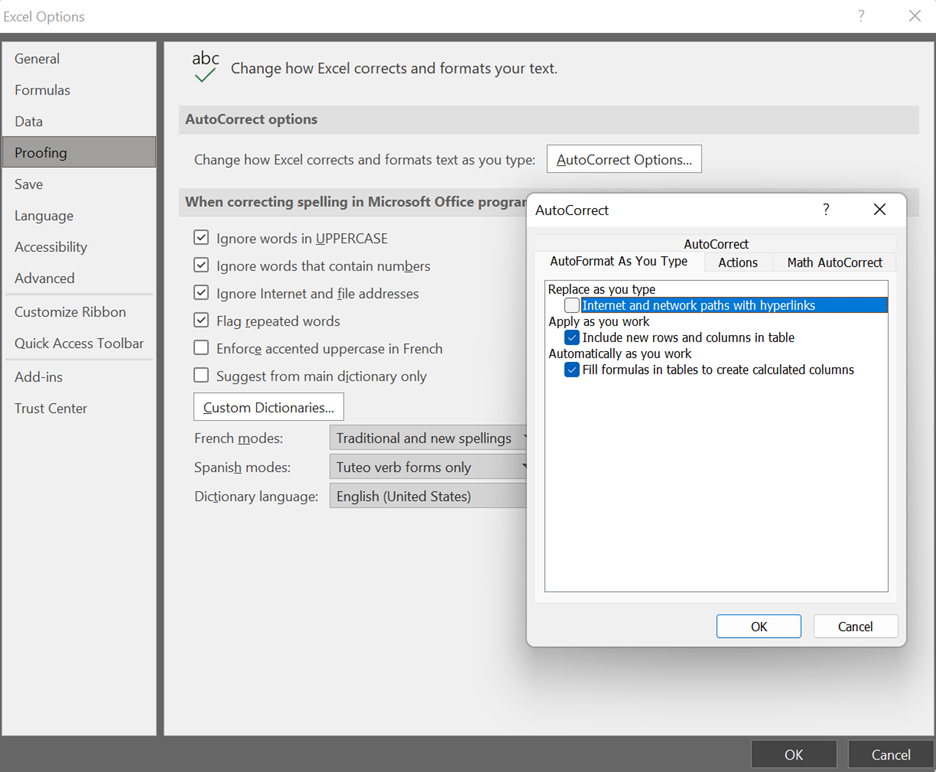
Image by Jean van der Meulen via Pixabay
The more I learn, the more I realize how much I don’t know.”
Although that quote is attributed to Albert Einstein, my guess is that thousands of really smart people uttered those words before he did, and millions will say it in the future.
One of the things I’ve always loved about being a professional researcher is that we don’t need to know everything – we just need to know where and how to find whatever it is we’re looking for.
As search engines re-align how they’re designed and who they’re intended to help, finding what we’re looking for gets harder. It’s important that we’re aware of those changes, how they impact us, and what we can do as professional researchers to make sure we query them in a way that gets us reliable information we need.
My brother-in-law is not a professional searcher, but occasionally he finds gold nuggets that he knows I’ll enjoy know about. Sometimes it’s a cool yacht floating in a safe harbor in Costa Rica. Today he sent me the gift of the word syzygy to ponder on, right as I was pondering this topic of search strategy.
It turns out that syzygy is a lot of things. 3 or more heavenly bodies in alignment. The Jungian union of opposites, such as animus and anima. A special kind of alliteration in poetry.
Three heavenly bodies that experience syzygy most frequently for us are our sun, the Earth, and our moon. As they align and re-align, one will block out light so that normally lit areas go into darkness, like during a new moon phase or a solar eclipse.
For some time we’ve existed in the bright-light phase of search syzygy. The white-hot face of the moon kind of bright.
But search is different now compared to even five years ago. Lots different. In fact, Google made 4,500 changes to its search engine…and that was in 2020 alone. 12 changes to its search engine a day.
In preparation for her recent online class “Search is no longer Boolean,” search guru Irina Shamaeva compared her 2022 results from several Boolean strings to today, and found a dramatic reduction in results. In terms of hit rate, in some cases she was getting 3% of what she got a year previously. Here’s an example from her article:
 There’s a possibility, of course, that Google is simply delivering better curated results – what the algorithm deems to be more relevant.
There’s a possibility, of course, that Google is simply delivering better curated results – what the algorithm deems to be more relevant.
Or maybe that tiny crescent of information from the whole is a form of syzygy – we just don’t see that the thing blocking the search light is Alphabet’s algorithm.
Personally, I’d rather be the judge of what I see.
So what’s a searcher to do?
Well, fortunately folks like Shamaeva and Tara Calishain (of ResearchBuzz fame) are keeping their eyes open for us and creating classes and tools that we can use to get to the information we need.
Check out this heavenly wonder, created by Tara Calishain: https://searchgizmos.com/biglist/
There are more than 45 news and web search tools on her page to help us get the absolute best search results.
OSINT! Genealogy! Google News Search! Web Search!
I honestly don’t know how she does it, except that she’s an awesome search nerd like me who (unlike me) knows how to write code that bends Google to her will.
What else?
In addition to Shamaeva’s classes and Calishain’s amazing search-enablers, you might want to check out the HBG Prospect Research Resource pages if you haven’t already.
This image you see is the top half of the North American resources page, but as you can see on the left of the image there are pages for Asia Pacific, UK and Europe, Central and South America, Salary, Due Diligence, and lots more. All free.
Three resources in perfect alignment to help you search better! Syzygy.





